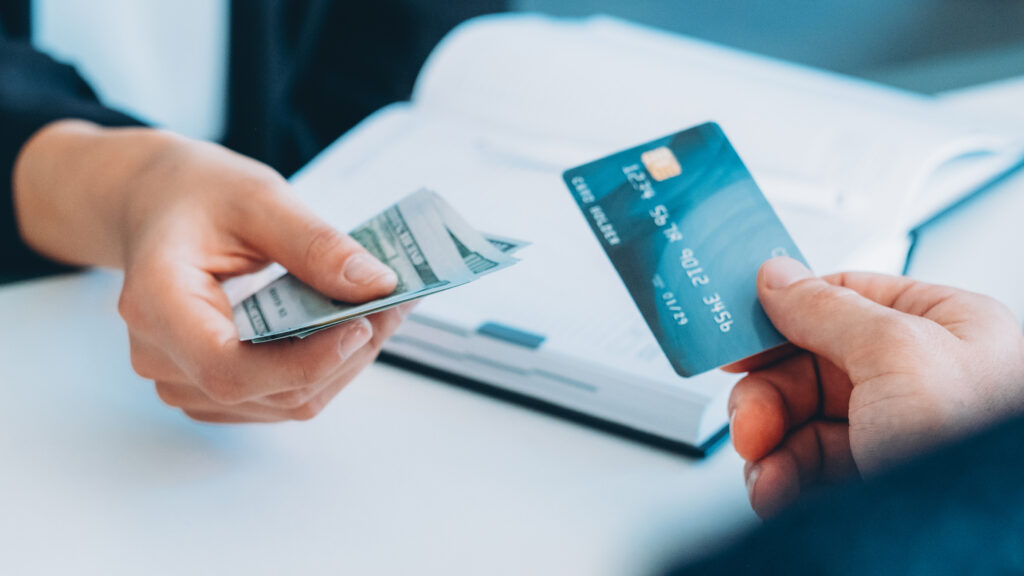In today’s increasingly digital world, the question of cash vs credit, and whether we even need to carry cash anymore has become more relevant than ever. With so many mobile payment options, debit and credit cards, and online transactions, a lot of people find that they rarely need actual cash.
But while the convenience of going cashless is clear, there are still a few situations where having cash on hand can be an advantage, or even a necessity. Here, we’ll take a look at the advantages of going cashless, as well as the cases where it’s still helpful to carry cash.
Reasons to go cashless
- Convenience
One of the main advantages of going cashless is the convenience and speed of digital transactions. With mobile payment apps like Apple Pay, Google Pay, and Samsung Pay, you can make quick and contactless payments with just a tap of your phone. Debit and credit cards also mean that you don’t have to carry large amounts of cash, and you can easily track your spending through online banking and mobile apps.
- Security
The added safety of not carrying cash is another advantage. Carrying large amounts of money can make you a target for theft—and if you lose your wallet, your cash is gone along with it! But digital transactions offer multiple layers of security, making it more difficult for fraudsters to access your funds.
- Easier tracking of your spending
Another plus to going cashless is that it can help you track your spending more effectively. Digital transactions leave a trail of your expenses—bad if you’re a fugitive on the run, but good for budgeting. Let’s assume you’re not on the lam, in which case the benefit to focus on is the ease of reviewing your purchases and identifying categories where you might need to cut back on spending. (You can find out more about that in our article, budgeting categories you should use.) This level of financial awareness can be really helpful in managing your budget and saving money.
Sometimes, cash is still king
Despite all the benefits of going cashless, there are still times where carrying cash can be useful. Here are some situations where cash still makes sense.
- Cash only businesses
Some small businesses, street vendors, and local markets may only accept cash as a form of payment. In these cases, having cash on hand ensures you can buy what you need without any delay or inconvenience.
- Emergencies
Carrying cash can be useful for emergencies. In case of technological failures or power outages, digital payment options may not be accessible. Having cash can be a lifesaver during those types of situations.
- Controlling your spending
Cash can be a helpful tool in managing discretionary spending. By withdrawing a set amount of cash for non-essential expenses, such as entertainment or dining out, you can set a clear limit on your spending and avoid overspending on things you don’t really need.
Ultimately, the decision of whether to carry cash or go cashless depends on your personal preferences and lifestyle. Many people find that they can easily manage their finances without cash, relying solely on digital payment options. However, some individuals may prefer the peace of mind that comes with having cash on hand for certain situations. And of course, there are still a few situations where there’s no other option to pay with anything but cash.
Cash vs credit: the bottom line
There’s definitely a lot less need to carry cash in today’s digital age. With the prevalence of mobile payment options, debit and credit cards, and online transactions, it’s totally possible to manage your daily expenses without using physical currency. But carrying cash can still be advantageous in certain situations, providing a sense of security, accessibility, and budget management. Ultimately, finding the right balance between cash and cashless transactions depends on your individual needs and preferences.










